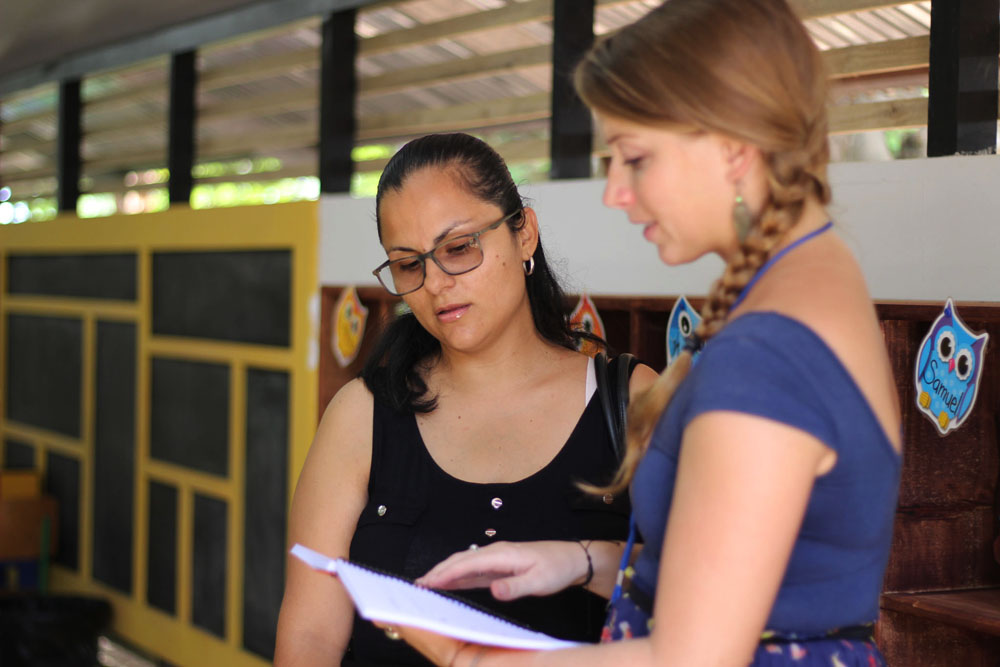
Parent Teacher Conferences and the Opportunities they Present

As we come to the close of the first trimester and parent teacher conferences are approaching, I’m reminded of my first parent conference as a parent. Quite honestly, I remember being a little taken aback by some of the numbers. How could someone not see my child as the glowing beacon of academic prowess that I saw him as? Sure, there were several subjects with high grades but what about the 2 or 3 that were lower than the rest? Certainly, there must be a mistake, a misunderstanding, or….could this be a direct attack?!? I joke, but I think this is probably a common experience for us as parents. Even though most of our students function quite well academically, everyone has their own strengths and challenges. When challenges arise, I think it often comes down to how we interpret feedback, how we conceptualize growth and success, and how we communicate that to our children.
This presents several opportunities, doesn’t it? It ‘s an opportunity to discuss personal strengths and challenges. It’s an opportunity to realize that we all function differently in different environments and therefore relate differently to different people. And, it ‘s an opportunity to incorporate a growth mindset as we examine our perspective about what it means to succeed or fail. All of these opportunities, when seized and used to frame discussions with our children, help us all to be well-rounded learners that adapt to various environments and thrive.
It’s quite reasonable to expect that each individual has their strengths and their challenges. As a result, it would be surprising if everyone was automatically perfect and exemplary at everything they attempted. In my experience, it can be helpful to focus on a child’s strengths in order to help them tackle something that might be more difficult. It’s common to face difficulty or challenge throughout life and learning tools and strategies to solve difficult problems can really help kids build confidence and increase their level of independence. For example, if one of my child’s strengths is creativity, I can use that as a guide for how to help him use creativity to solve problems or ask for help. If someone is naturally curious, we can help them harness their curiosity in more challenging situations to explore possible solutions. If a student is naturally persistent in some settings, we can help them use their strength to persist in other settings. Helping kids identify their strengths can be a really run and rewarding conversation for both us as parents, and the child as they learn about themselves and develop self-awareness.
As for a growth mindset, when we emphasize the importance of practice as the key to acquiring skills, it makes it easy to recognize that when lower scores in a certain subject occur, it simply signifies the need for more practice and maybe some extra help. It’s an opportunity to seek and incorporate feedback from a teacher and learn new ways to achieve our goals. Setbacks or challenges in learning provide an opportunity to see things in a different way and achieve deeper levels of understanding. With an emphasis on participation and effort, it’s relatively easy, at Futuro Verde, to get the help needed from teachers when there is a situation requiring more attention. Generally speaking, most students function within the range of optimal learning. And, with the notion that “it takes a village to raise a child,” we all work together for the healthy growth and development of the child.
